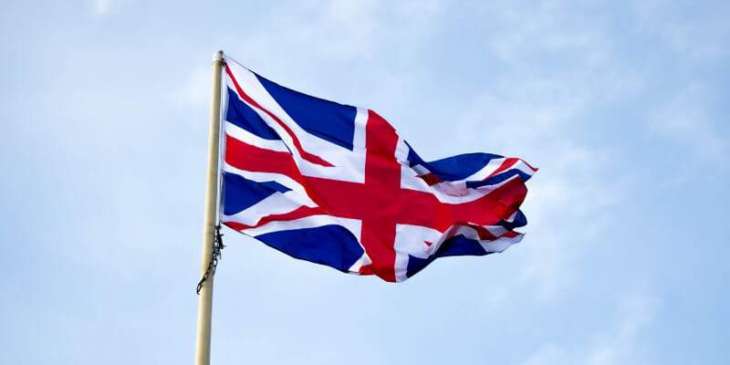The resignation of Liz Truss as UK prime minister won't lead to a general election as the ruling Conservative Party is certain to face a wipe-out due to its current unpopularity, experts told Sputnik
MOSCOW (Pakistan Point News / Sputnik - 20th October, 2022) The resignation of Liz Truss as UK prime minister won't lead to a general election as the ruling Conservative Party is certain to face a wipe-out due to its current unpopularity, experts told Sputnik.
Earlier in the day, Truss announced her resignation less than two months after her appointment as leader of the Conservative Party and head of the UK government. Truss said that she will remain in office until her successor is chosen, noting that a new party leader will be elected next week.
Meanwhile, the leader of the Labour Party, Keir Starmer, called for a general election, citing an economic crisis caused by what he described as the "chaos" of the Tories. The next general election in the United Kingdom is scheduled to be held no later than January 2025.
It would be unwise for the Tories to acquiesce now to the opposition's demand to hold a snap parliamentary election since the party's reputation among the British leaves much to be desired.
In late September, a YouGov poll showed that the Conservatives' rating dropped to 21%, with the support of the Labour Party enjoying a 33-point lead, the highest since the late 1990s. According to YouGov's last week poll, 23% of the respondents were willing to vote Conservative vs Labour's 51%.
"There is no prospect of an imminent general election as the Conservative party's position in the opinion polls is simply too weak. If an election happened now, they would face wipe out," Patrick Diamond, a professor of public policy at Queen Mary University of London, said.
This sentiment was echoed by Andrew Denham, Reader in Government at the University of Nottingham, who noted that it was "unlikely" there would be a general election any time soon, "as the Conservatives have a parliamentary majority of over 70 seats and Conservative MPs will not vote for a General Election they would be virtually certain to lose."
Mark Garnett, a senior lecturer at the department of politics, philosophy and religion at Lancaster University, also said that the Tories wouldn't go for the election despite there being "a strong public demand for a general election," as it would spell a "catastrophic defeat."
Apart from the Conservatives' lackluster electoral prospects, there is also the problem of Truss' successor, which at this point remains open-ended.
"The Conservative Party is hoping to avoid a long contest to succeed Liz Truss. The ideal scenario will be a 'coronation' of a candidate who enjoys widespread support within the parliamentary party. The difficulty is that it's difficult to identify such a person," Garnett explained, adding that House of Commons leader Penny Mordaunt "might be seen as a 'compromise'" and that another hopeful, former Chancellor of the Exchequer Rishi Sunak, would face opposition from die-hard supporters of former Prime Minister Boris Johnson.
Diamond also listed Mordaunt and Sunak as likely successors, saying that "Conservative MPs will want an experienced leader with a proven track record."
Denham, for his part, refrained from making prediction about the Tory leadership contest since the rules have not yet been confirmed.
"The main lesson for the Conservatives going forward is that the rules for choosing the Party Leader are deeply flawed, because they allow the Leader to be chosen by Party members, whether or not that individual has the support, expressed in actual votes, of the majority of its MPs," the expert concluded.




